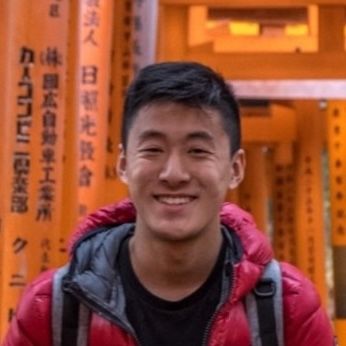Why Complement?
The Opportunity
US manufacturing is hitting its operational limits, and nowhere is that clearer than in data center construction, where AI compute demand is outpacing the physical infrastructure that supports it.
Morgan Stanley forecasts $2.9 trillion in spending on data centers and related infrastructure by the end of 2028 and the factories producing chips, servers, racks, and power systems can't keep up. They sit on massive latent capacity but system fragmentation within each facility prevent them from scaling.
The Problem
Each factory is a custom distributed system: decades-old ERPs, ad-hoc Excel pipelines, siloed operational domains operating on disconnected quality, work-order, tooling, scheduling, and financial systems.
That fragmentation means factories are stuck in local minima because no one has a unified view. Without a structured, profit-aware model of what's actually happening across production, inventory, quality, and dependencies, factories can't prioritize the highest-leverage actions or respond in real time to shifting constraints.
Our Solution
We automate the painfully bespoke plumbing so factories can reason holistically. Large language models generate custom integration code for each facility's unique stack - legacy APIs, undocumented exports, disparate telemetry, and tooling - stitching it into a queryable data fabric.
On top of that data we run real-time analytics, simulations, and optimization logic to compute the true profit impact of possible actions. The highest-leverage recommendations are delivered directly into operators' workflows via plain-English interaction.
Complement's platform is fundamentally agnostic to industry, but we're starting where the pressure is highest: the data center supply chain. At scale, we become the machine that builds the machine - bringing to life a cybernetic, self-improving manufacturing network.
Team

Founder and CEO
James led the Guidance Navigation and Control flight software team at Relativity Space, designing and writing the software that controlled Terran 1 during its first launch. At Neuralink he developed systems for brain machine interfacing, including on-device implant control and machine learning models. He researched AI for treatment of Parkinson's disease at Cornell University and graduated summa cum laude in Computer Science and Neurobiology.

Founding Engineer
Alex was an Applied Scientist in Microsoft's Azure AI group. During his tenure he made significant contributions to cutting edge technologies such as personalized noise suppression and speech-to-speech translation. Alex holds a BSE in Electrical Engineering with a focus on robotics and cyber-physical systems from Princeton University, where he also led the Formula Hybrid team.

Founding Engineer
Michael led the experiment reporting service as a Data Engineer at Rokt, where he designed data models and scaled ETL pipelines for high-performance analytics. Previously at AWS, he contributed to the Aurora PostgresSQL database engine and ran experimentation initiatives for the Babelfish project. Michael graduated from Princeton University with BSE and MEng degrees in Operations Research and Financial Engineering.

Founding Engineer
John most recently co-founded and was CEO of Zelos Cloud, a company focused on firmware development and testing platforms for mission-critical systems. He previously was at Neuralink where he built robots and implants for brain-machine interface systems, and at Tesla where he wrote bootloader drivers for vehicles shipping today.

Member of Technical Staff
Ben was a Senior Software Engineer at Zordi, where he worked on robotics foundation models, building low-latency remote teleoperation and large-scale data collection for imitation and reinforcement learning. Prior to Zordi, he worked in the information retrieval space at Amazon, where he led projects for unstructured content indexing for customer service use cases. Ben graduated from Princeton University with a BSE in Operations Research and Financial Engineering.
Traction
We're live in two factories: in one, we ingest a tangled backlog and build the assembly dependency graph to surface which upstream parts gate the most downstream revenue, letting teams advance the items that unlock cash fastest. In the other, we've linked quality and work-order systems to detect degradation in real time and surface affected orders, stopping full scrap events before they happen.
Backing
We've raised a $1.6M pre-seed led by First Round Capital and are backed by angels such as:
